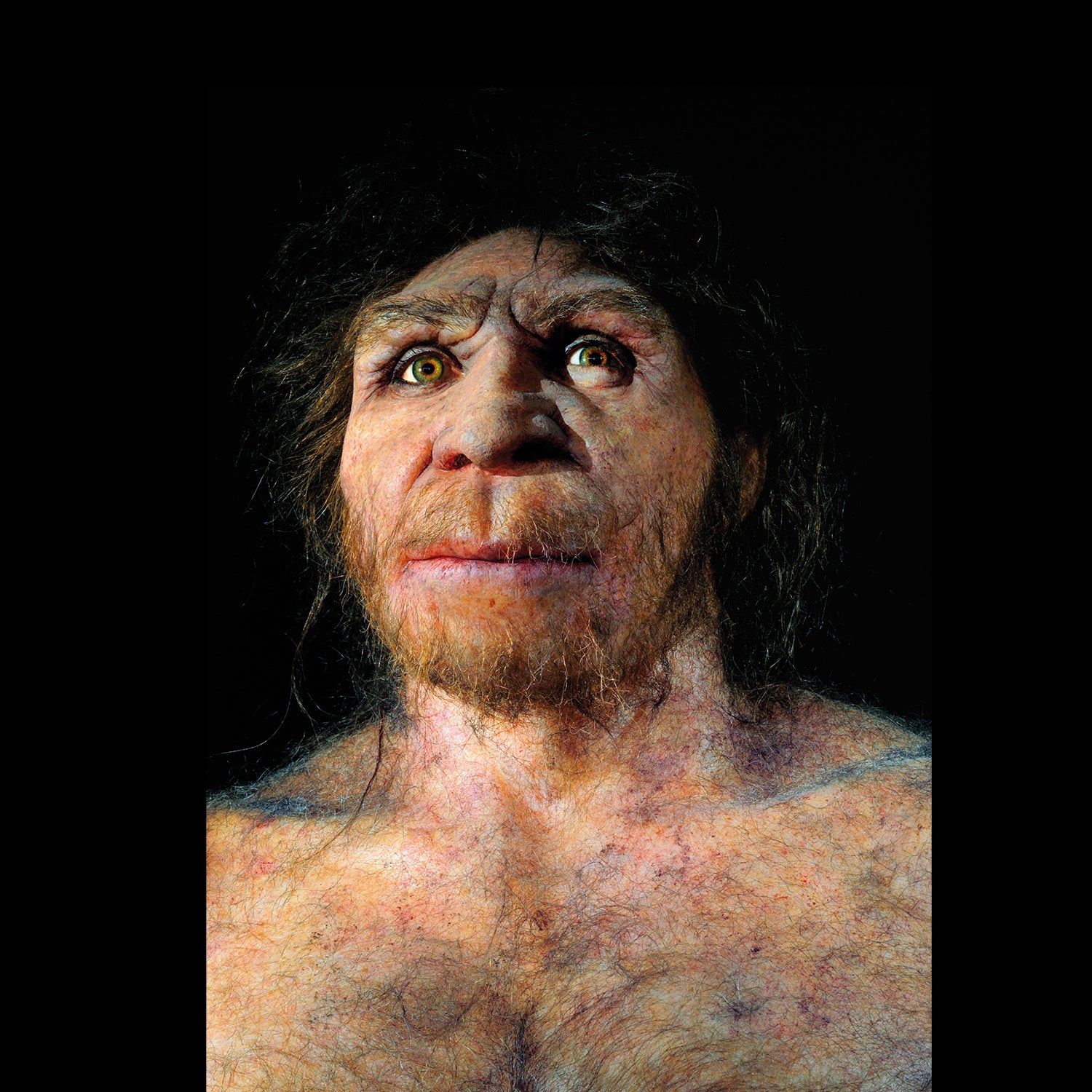
Human ancestors in Africa were pushed to the brink of extinction around 900,000 years ago, a study shows. The work, published in Science, suggests a drastic reduction in the population of our ancestors well before our species, Homo sapiens, emerged. The population of breeding individuals was reduced to just 1,280 and didn’t expand again for another 117,000 years.
“About 98.7% of human ancestors were lost,” says Haipeng Li, a population geneticist at the University of Chinese Academy of Sciences in Beijing, who co-led the study. He says that the fossil record in Africa and Eurasia between 950,000 and 650,000 years ago is patchy and that “the discovery of this bottleneck may explain the chronological gap”.
Nick Ashton, an archaeologist at the British Museum in London, who wrote a related perspective, says he was intrigued by the tiny size of the population. “This would imply that it occupied a very localized area with good social cohesion for it to survive,” he says. “Of greater surprise is the estimated length of time that this small group survived. If this is correct, then one imagines that it would require a stable environment with sufficient resources and few stresses to the system.”
Clues from modern DNA
To make their discovery, the researchers needed to invent new tools. Advances in genome sequencing have improved scientists’ understanding of population sizes for the period after modern humans emerged, but the researchers developed a methodology that enabled them to fill in details about earlier human ancestors. Serena Tucci, an anthropologist at Yale University in New Haven, Connecticut, says that such work was sorely needed. “We still know very little about the population dynamics of early human ancestors for several reasons, including methodological limitations and difficulties in obtaining ancient DNA data from old Homo specimens,” she says.
The researchers’ method allowed them to reconstruct ancient population dynamics on the basis of genetic data from present-day humans. By constructing a complex family tree of genes, the team was able to examine the finer branches of the tree with greater precision, identifying significant evolutionary events.
The technique “put the spotlight on the period 800,000 to one million years ago — for which there is much unknown — in a way that hasn’t been done before,” says Stanley Ambrose, an anthropologist at the University of Illinois at Urbana-Champaign.
This period was part of the Early-Middle Pleistocene transition — a time of drastic climate change, when glacial cycles became longer and more intense. In Africa, this led to long periods of drought. Li says that the changing climate might have wiped out human ancestors and forced new human species to emerge. Eventually, these might have evolved into the last common ancestor of modern humans and our extinct relatives, the Denisovans and Neanderthals.
Around 813,000 years ago, the population of pre-humans began to swell again. How our ancestors managed to survive, and what allowed them to flourish once more, remains unclear, says Ziqian Hao, a population geneticist at the Shandong First Medical University and Shandong Academy of Medical Sciences in Jinan, and a co-author of the paper. However, he says that the bottleneck is likely to have had a crucial impact on human genetic diversity, driving many important features of modern humans, such as brain size. He estimates that up to two-thirds of genetic diversity was lost. “It represents a key period of time during the evolution of humans. So there are many important questions to be answered,” he says.
Ashton would like to see the researchers’ findings backed by more archaeological and fossil evidence. The authors “suggest that the bottleneck was a global crash in population”, he says, “but the number of archaeological sites outside Africa suggests that this is not the case. A regional bottleneck might be more likely.”
This article is reproduced with permission and was first published on August 31, 2023.
